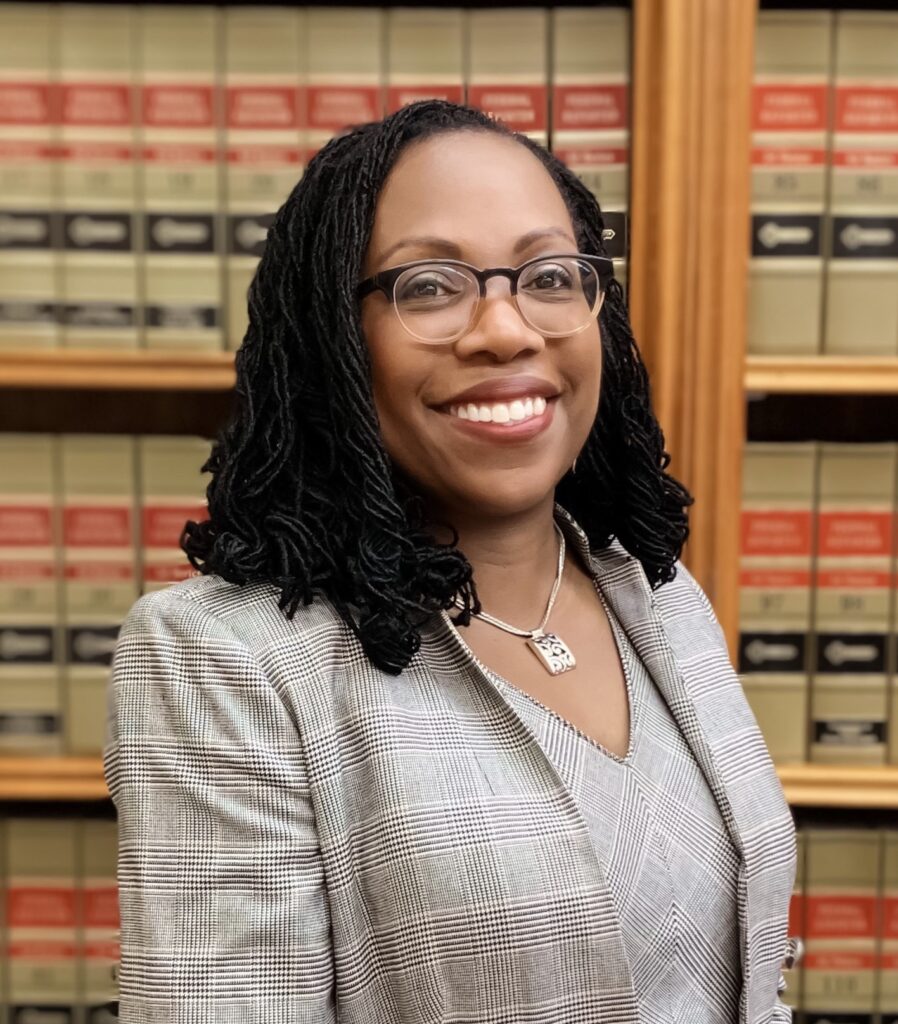The Kansas Senate Committee on Federal and State Affairs will be considering Senate Bill 50 on Wednesday, February 1, 2023, which provides consumer protections by prohibiting censorship of certain speech on social media platforms.
The emergence of social media has elevated political dialogue and discourse to a breadth nearly unimaginable a decade ago. When originally developed, these emerging technologies and mediums made the democratization of free speech possible.
However, this mass communication network is managed by a handful of large tech firms who are protected from liability and functionally operate as monopolies. The consolidation of public discourse control amongst these firms has now effectively muted the speech of millions of Americans and their newfound voices. Though it has empowered voices and people across the political spectrum, it has also galvanized the voices who seek to divide, misinform, and manipulate the public.
Seventy percent of the U.S. population (231.5 million Americans) is active on social media, making social media platforms such as Facebook and Twitter the primary channels of communication in the twenty-first century. In addition, U.S. social network advertisement spending is projected to rise 21% from the already staggering $40 billion spent in 2020 to $49 billion in 2021, according to eMarketer.
This data provides ample evidence that social networks have become much more than mere hosts for expression, memes, and life updates among friends and family. In 2023, social media has become a major sector of the United States economy, influencing corporate successes and failures and even driving agendas.
Along with influencing streams of revenue through advertising, we have seen more clearly than ever that social media platforms can impact and guide social discourse. Combining this phenomenon with the highly divisive political and social climate that has plagued the nation in recent years, America has entered the era of social media censorship.
According to the Pew Research Center, roughly three-quarters of U.S. adults believe it is likely social media sites intentionally censor opinions and viewpoints that do not fall in line with Big Tech’s preferred ideology and political positions.
Following the unparalleled censorship of former President Donald Trump (and others) in January 2021 by Facebook and Twitter, many Americans worry they could be next. Big Tech’s seemingly arbitrary clampdown on those they deem guilty of spreading “misinformation” or “disinformation” has also raised the eyebrows of federal and state lawmakers.
The policy solution in Senate Bill 50 is akin to what several states have pursued in efforts to ensure the First Amendment rights of their constituents. Most notably, Florida and Texas have gained national attention due to bills being challenged in the courts.
These laws currently sit in judicial purgatory while the Supreme Court considers their fate. However, Justice Clarence Thomas has previously indicated that he expected that some form of common carriage regulation may be the path forward for social media, much in the way Texas’ law proscribes.
Prior to being appealed to the Supreme Court, the Fifth Circuit Court of Appeals ruled that Big Tech has overstepped its legal bounds as platforms for free speech based upon Texas law. The judges of the Fifth Circuit emphatically stated: “We reject the platforms’ attempt to extract a freewheeling censorship right from the Constitution’s free speech guarantee.”
The Fifth Circuit’s ruling protects the aforementioned Texas law on constitutional grounds. It represents a significant win for online free speech in the Lone Star State, while also signaling a victory for all individuals and organizations across the country who have championed First Amendment rights since the onset of this debate.
SB 50 puts this First Amendment battle through the lens of consumer protection in the state of Kansas. Specifically, it stipulates that “no contract between an interactive computer service and a person that contains the terms of service for use of a social media website operated by such a service shall include any provisions that authorize such service to restrict, censor or suppress information, including political information and political expression, unless such information pertains to obscene, lewd, lascivious, filthy, excessively violent, harassing or otherwise objectionable subject matter.” This last stipulation is particularly important, as it ensures that SB 50 comports with federal law, specifically Section 230 of the 1996 Communications Decency Act.
Furthermore, SB 50 creates a mechanism where any person using a social media website with terms of service that violate the above rules may report such violations to the attorney general. The bill authorizes the Kansas attorney general to investigate and bring an action for injunctive relief to mitigate the violations.
In addition to any injunctive relief, the attorney general may also seek to impose a civil penalty on the interactive computer service of not less than $50 and not more than $10,000 for each violation.
Senate Bill 50 also provides that any violation of this bill is an unconscionable act and practice under the Kansas Consumer Protection Act.
Moreover, any person alleging a violation of this section may bring a private action against the appropriate social media website and seek statutory damages in an amount no less than $75,000 for each instance in which the social media platform restricted, censored, or suppressed that person’s content. The person may also seek actual damages, punitive damages, and injunctive relief as forms of relief. However, if a social media platform restores the person’s censored content within a reasonable time, they may mitigate any damages. Importantly, the bill stipulates that these damages and courses of action will not apply to a social media platform that affirmatively states in their terms of service that they are a publisher.
Big Tech has long been insulated from liability because they claim to be mere platforms. Yet, these platforms operate in an admitted editorial capacity. Senate Bill 50 would lift their liability shield, making them susceptible to suits from Kansans who have been unfairly de-platformed.
Senate Bill 50 should also spur a state-based and national debate on the role of Big Tech in our civic discourse. Allowing a private cause of action in courts is a tool policymakers need to give the citizens of Kansas the message that robust public debate is sacrosanct. Any action or lack thereof to maintain a robust debate will be met with hard questions, and—if necessary—legal repercussions.
As Senate Bill 50 continues to move through the legislative process, legislators should consider solutions that would protect all Americans from undue censorship by Big Tech ideologues who wield near-total power over the dissemination of information in today’s social media-dominated environment. More speech, not less speech, is always better in a free society.
The following document provides more information about big tech censorship principles.
Six Principles for State Legislators Seeking to Protect Free Speech on Social Media Platforms
James Taylor, president of The Heartland Institute, writes six principles to protect free speech in light of social media censorship. Political free speech in the United States is under attack. Tech media giants who own and control virtually all social media platforms available to Americans are working together to silence groups with whom they do not agree.
_________
Nothing in this Research & Commentary is intended to influence the passage of legislation, and it does not necessarily represent the views of The Heartland Institute. For further information on this and other topics, visit the Budget & Tax News website, The Heartland Institute’s website, and PolicyBot, Heartland’s free online research database.
The Heartland Institute can send an expert to your state to testify or brief your caucus; host an event in your state; or send you further information on a topic. Please don’t hesitate to contact us if we can be of assistance! If you have any questions or comments, contact Heartland’s Government Relations department, at [email protected] or 312/377-4000.




